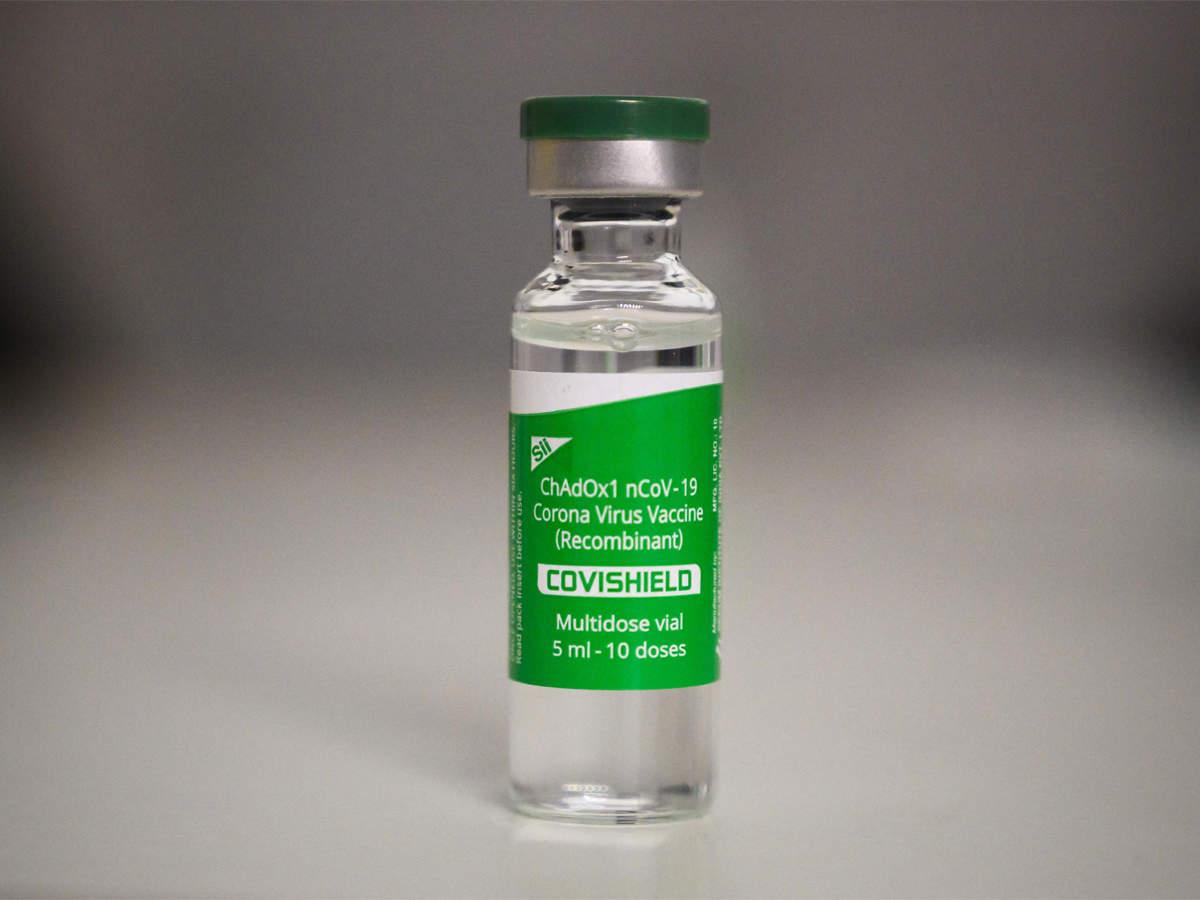Considering the nature of your residency status and uncertainty on health insurance claims, you might wonder, should you get your health insurance or not ?
Here are some of the guidelines that could help you to arrive at a decision:
——Advertisement starts here ——
 NRIForShaadi.com World’s #1 App for NRI Matrimony. Thousands of members near your GPS Location. Download from NRIApps.com
NRIForShaadi.com World’s #1 App for NRI Matrimony. Thousands of members near your GPS Location. Download from NRIApps.com ———Advertisement ends here ———
1. Duration of stay
How long are you planning to stay abroad? If it is for a short duration of three to four years, then it makes sense to buy a health policy in both countries. It will take care of the hospitalization and related expenses regardless of where you are hospitalized.
If you already have a health cover, continue paying its premium till you are back. Usually, there is a waiting period of 2-4 years before, existing and other standard illnesses are covered in policies. By continuing with the existing policy, you will not only keep premiums lower but also be able to make claims (if any) immediately after you return.
However, if you have a long-term plan to stay abroad, avoid taking health cover that will only unnecessarily drain your resources. Just buy a policy in the place of your residence.
2. Family residence
Is your family moving along with you? If your parents or children are staying back, continue with the family floater health policy even though you might have moved out of the country. It will indemnify you in case of hospitalization expenses incurred for your family members.
3. Geographical coverage
Most of the health insurers only reimburse hospitalization expenses incurred. So, if you are staying in UK and get hospitalized there for illness, many health policies wouldn’t cover it. While some policies claim to provide global cover, you need to do the necessary due diligence by checking for possible caps on sum assured or exclusions.
For instance, one policy excludes hospitalization expenses incurred, while being applicable only on select illnesses (cancer, organ transplant etc) and without covering its pre and post-hospitalization expenses. In general,
insurers have a different take on NRIs from a risk perspective, since their claims are difficult to verify in a foreign land.
4. Tax Benefits
NRI often earn in the form of rental income, dividend or interest income. They can seek deductions from such income under Tax Act by contributing towards the local medical insurance premium.
Points to consider while buying a health cover:-
It is not just about comparing premiums. While buying health cover, NRI should also look at the following factors:
1. Lifetime renewal: This is important especially if you are taking a policy for senior citizens. It will ensure any claim doesn’t result in the cancellation of the policy. Given the escalating medical costs, ensure your policy has this feature.
2.Claim settlement: Higher the claim settlement ratio of the insurer, the better it is as it indicates that the insurer is honouring its commitment towards its customers.
3.Network hospitals: It’s not just about the number of hospitals, but whether they have sufficient hospitals in your vicinity. Also, glance through the list of hospitals to see if it includes the reputed and those of your choice.
4.Sub-limits and exclusions: Skim through the policy documents for any exclusions or sub-limits. For instance, hospital expenses could be capped to a certain percentage of sum assured or some diseases excluded. Bone diseases, cervical cancer and alternative therapies such as acupressure, naturopathy or acupuncture are also not usually covered in the health policy.



